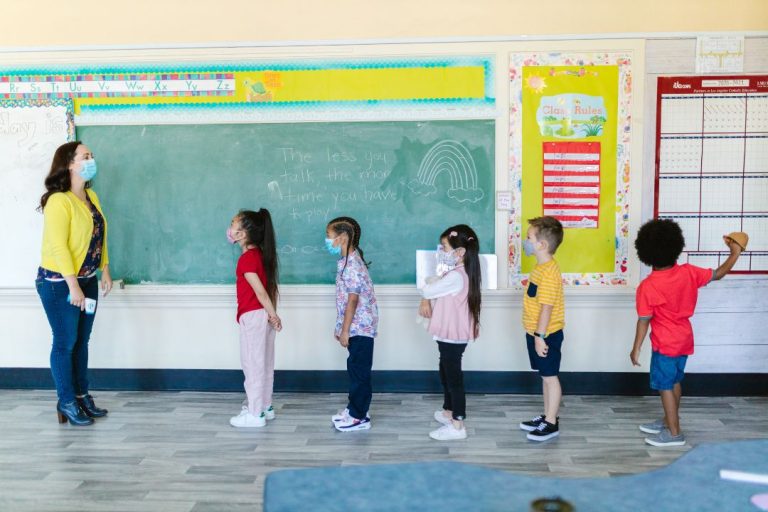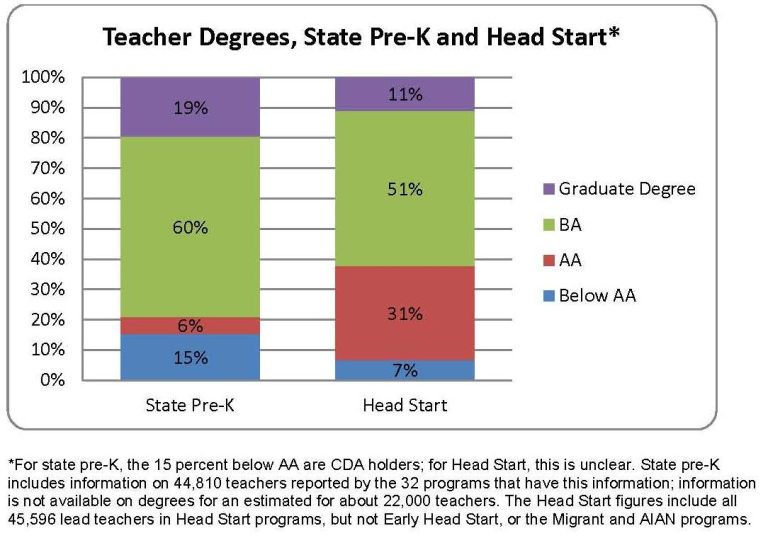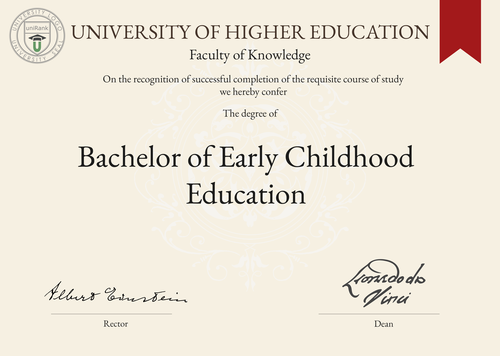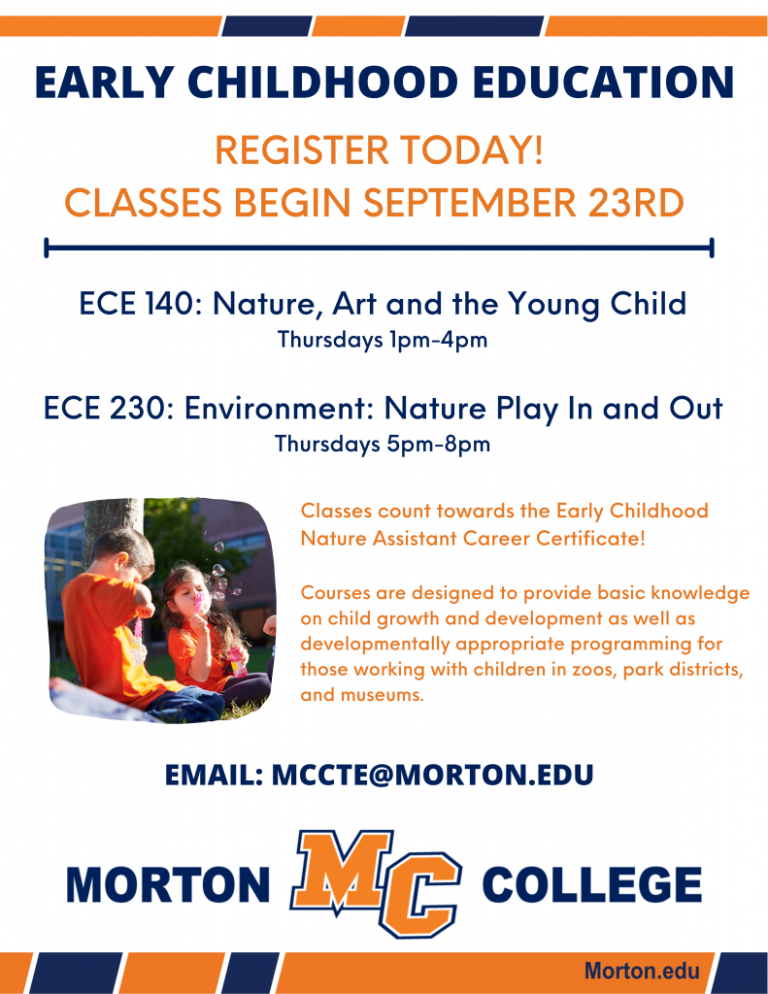What is Conceptual Development in Early Childhood

Conceptual development in early childhood refers to the cognitive growth and ability to understand complex ideas and concepts. It involves the development of abstract thinking, problem-solving skills, and the ability to categorize and classify information.
During early childhood, children experience rapid growth in their understanding of the world around them. This includes their ability to form and understand concepts such as numbers, shapes, colors, and relationships between objects. Conceptual development is crucial for children’s overall cognitive development and lays the foundation for more advanced learning later in life.
Understanding the key aspects of conceptual development in early childhood can help parents, caregivers, and educators support children’s cognitive growth and provide the necessary tools and experiences for their continued learning and development.
Understanding Conceptual Development In Early Childhood
Conceptual development in early childhood is a crucial process that lays the foundation for a child’s cognitive growth and understanding of the world around them. It involves the acquisition of abstract ideas and the ability to make connections between different concepts. By understanding the underlying principles of conceptual development, parents and educators can support and enhance a child’s learning journey.
Importance Of Early Childhood Development
Early childhood development plays a pivotal role in shaping a child’s future success. Stimulating a child’s conceptual development during their early years cultivates essential cognitive skills such as problem-solving, critical thinking, and creativity. These skills are fundamental for their academic achievement and overall well-being in the future.
Definition Of Conceptual Development
Conceptual development in early childhood refers to the gradual progression in a child’s ability to grasp abstract concepts and understand their interrelationships. This encompasses the development of language, mathematical understanding, scientific reasoning, and social-cognitive abilities.
Influences On Conceptual Understanding
- Social Environment: Interactions with caregivers and peers contribute to a child’s conceptual development.
- Educational Activities: Engaging activities and educational materials can impact a child’s grasp of abstract concepts.
- Neurological Factors: Brain development and maturation significantly influence a child’s ability to comprehend complex ideas.
- Cultural Influence: Cultural experiences and traditions shape a child’s conceptual understanding of the world.

Key Stages In Early Childhood Conceptual Growth
In early childhood, conceptual development refers to the gradual process through which children acquire and refine their understanding of the world around them. This encompasses not only their cognitive abilities but also their grasp of language, social interactions, and problem-solving skills. Understanding the key stages in early childhood conceptual growth can provide valuable insights for parents, educators, and caregivers.
Sensory-motor Stage (birth-2 Years)
The sensory-motor stage, spanning from birth to around 2 years of age, is characterized by a child’s interactions with the environment primarily through sensory perceptions and motor activities. During this stage, infants explore the world through their senses, such as touch, taste, sight, and sound. They also begin to develop fundamental motor skills, including grasping objects, crawling, and eventually walking.
Preoperational Stage (2-7 Years)
Between the ages of 2 to 7 years, children progress into the preoperational stage, marked by significant leaps in language development, imaginative play, and symbolic thinking. During this phase, they start to use symbols and language as tools to represent objects and concepts, paving the way for early literacy and numeracy. However, their thinking remains egocentric, and they may struggle with understanding others’ perspectives or grasping abstract concepts.
Concrete Operational Stage (7-11 Years)
As children enter the concrete operational stage, typically from 7 to 11 years old, their cognitive abilities become more sophisticated. They begin to grasp concepts such as conservation, classification, and cause-and-effect relationships. Their thinking becomes more logical and less centered around their own viewpoint. This stage marks a critical juncture where children develop the capacity for more abstract thought and complex problem-solving.
Milestones Of Early Conceptual Development
Conceptual development in early childhood refers to the process through which young children develop the ability to understand and interpret the world around them. This involves the acquisition of foundational cognitive skills such as recognizing patterns, spatial awareness, and understanding of time and sequence. These milestones play a crucial role in shaping a child’s perception and comprehension of their environment.
Recognizing Patterns And Categorization
One of the key milestones in early conceptual development is the ability to recognize patterns and categorize objects or concepts based on similarities and differences. As children engage in activities such as sorting objects by color, shape, and size, they begin to develop cognitive skills related to pattern recognition and classification. This foundational skill not only aids in cognitive development but also lays the groundwork for future learning in areas such as mathematics and problem-solving.
Development Of Spatial Awareness
Another important aspect of early conceptual development is the progression of spatial awareness. Children gradually learn to understand the concepts of distance, direction, and orientation in their immediate environment. This milestone is essential for the development of motor skills and navigation abilities. Through activities that involve spatial reasoning, such as building with blocks or navigating obstacle courses, children enhance their spatial cognition, which is fundamental for their overall cognitive growth.
Understanding Of Time And Sequence
As children mature, they begin to comprehend the concepts of time and sequence, playing a pivotal role in their conceptual development. This milestone involves the ability to grasp the order of events, as well as the passage of time. Through experiences and exposure to routines, children develop a sense of temporal awareness. Understanding the sequence of daily activities, such as morning rituals or bedtime routines, contributes to their cognitive development and enables them to make sense of the world around them.
Fostering Conceptual Development: Strategies
In early childhood, fostering conceptual development is essential for laying the foundation for a child’s future learning and understanding of the world. Here are some effective strategies that educators and parents can employ to support children in developing and understanding concepts:
Role Of Play In Learning Concepts
Play plays a crucial role in a child’s conceptual development. Through play, children explore, experiment, and make sense of the world around them. It provides them with the opportunity to apply and solidify their understanding of various concepts in a hands-on and engaging manner. Educators and parents can encourage imaginative play and provide open-ended materials to stimulate children’s creativity and problem-solving skills.
Incorporating Everyday Experiences
Everyday experiences present numerous opportunities for children to develop and understand concepts. Whether it’s a trip to the grocery store, cooking together, or observing nature, these real-life experiences can be used to teach children about math, science, and social concepts. By incorporating everyday experiences into learning activities, children can gain a deeper and more practical understanding of the concepts being taught.
Importance Of Language And Communication
Effective language and communication are fundamental in fostering conceptual development. Conversations, storytelling, and discussions help children make connections between their experiences and the concepts they are learning. Encouraging children to ask questions and express their thoughts nurtures critical thinking and supports their ability to articulate and comprehend various concepts.
What Is Conceptual Development In Early Childhood: Nurturing Practices
Conceptual development in early childhood refers to the gradual building of a child’s cognitive abilities to understand and interpret the world around them. It encompasses the acquisition of foundational concepts such as numbers, language, spatial relationships, and abstract ideas. Nurturing practices play a crucial role in fostering this developmental process, shaping the child’s capacity for critical thinking, problem-solving, and creative expression.
Impact Of Parental Interaction
Parental interaction significantly influences a child’s conceptual development. The responsive and stimulating interactions between parents and their children create a supportive environment for learning. Engaging in conversations, reading together, and participating in educational activities can enhance a child’s cognitive growth.
Early Education And Structured Learning Environments
Early education and structured learning environments offer valuable opportunities for concept development. Quality preschool programs, interactive educational tools, and hands-on experiences in a structured setting can facilitate the exploration of new ideas and the application of learned concepts in real-world scenarios.
Encouraging Exploration And Curiosity
Encouraging exploration and curiosity in children is essential for their conceptual development. Supporting their natural inclination to inquire, investigate, and experiment can spark a deeper understanding of the world. Providing a variety of materials and open-ended activities nurtures their curiosity, fostering a love for learning and discovery.

Credit: www.healthline.com
Frequently Asked Questions For What Is Conceptual Development In Early Childhood
What Is Conceptual Development In Early Childhood?
Conceptual development in early childhood refers to the gradual understanding and organization of ideas, knowledge, and concepts. It involves the development of cognitive abilities and the ability to comprehend and apply abstract concepts, such as numbers, shapes, and colors, in real-world situations.
Why Is Conceptual Development Important In Early Childhood?
Conceptual development is crucial in early childhood as it forms the foundation for future learning and understanding. It helps children make sense of the world around them, develop problem-solving skills, and enhance their ability to think critically and analytically, setting them up for academic and personal success.
How Can Parents Support Conceptual Development At Home?
Parents can support conceptual development by engaging in activities that promote critical thinking, problem-solving, and creativity. This may include playing educational games, reading books, exploring nature, and encouraging curiosity and exploration, all of which contribute to the development of a child’s cognitive abilities and understanding of the world.
What Are Some Typical Milestones In Conceptual Development For Young Children?
Young children progress through various milestones in conceptual development, such as understanding cause and effect, categorizing objects, recognizing patterns, and grasping abstract concepts like time and quantity. These milestones are important markers in a child’s cognitive growth and provide insight into their developing understanding of the world.
Conclusion
Understanding and nurturing conceptual development in early childhood is crucial for a child’s overall growth and learning abilities. By recognizing the significance of this process, parents and educators can provide the necessary support and opportunities for children to flourish. As young minds explore and make sense of the world around them, they lay the foundation for future cognitive and academic success.

With over 20 years of experience in early childhood education, Jane brings a wealth of knowledge to Classroom Journey. She specializes in play-based learning and has a passion for inclusive education.







3 Comments